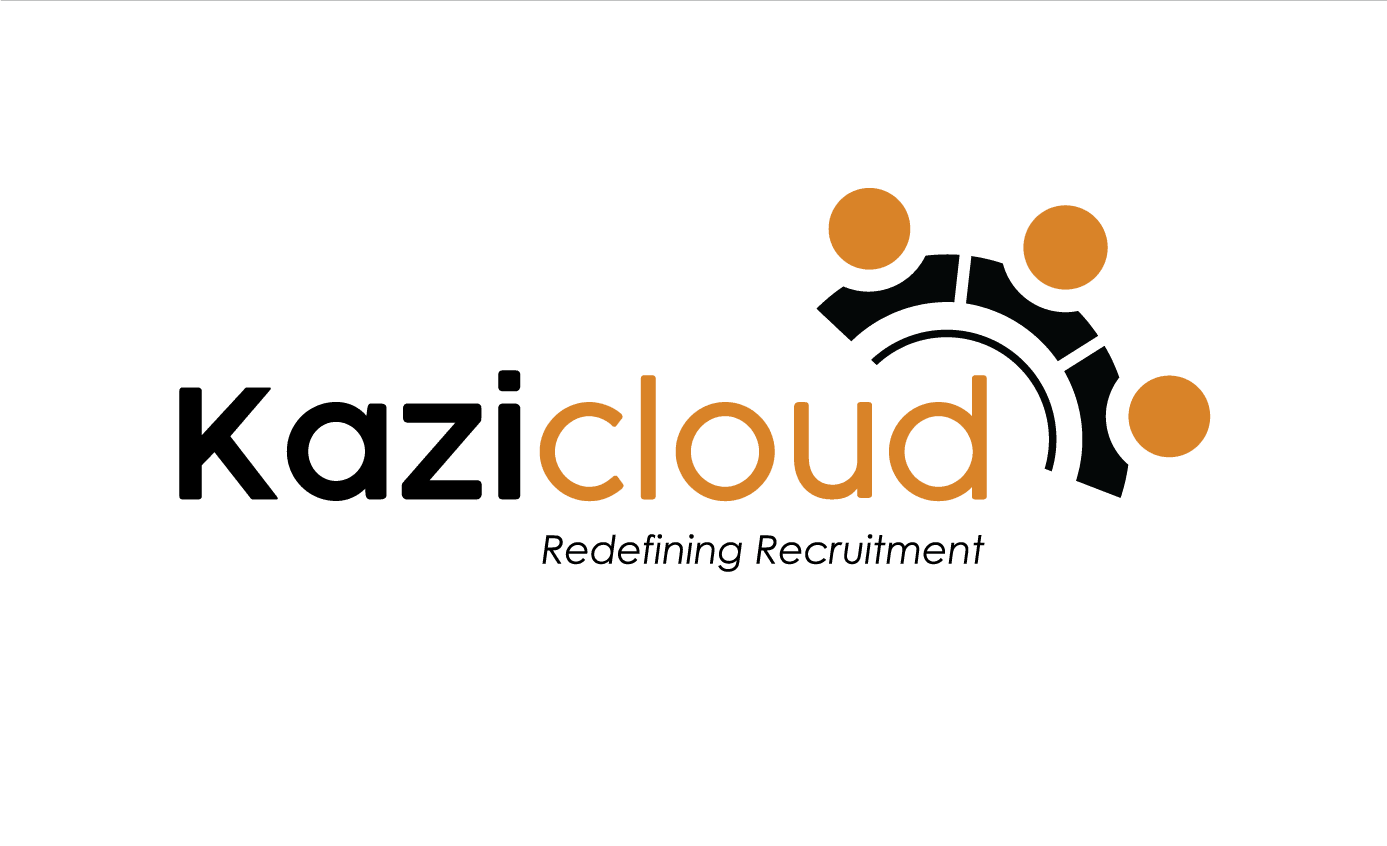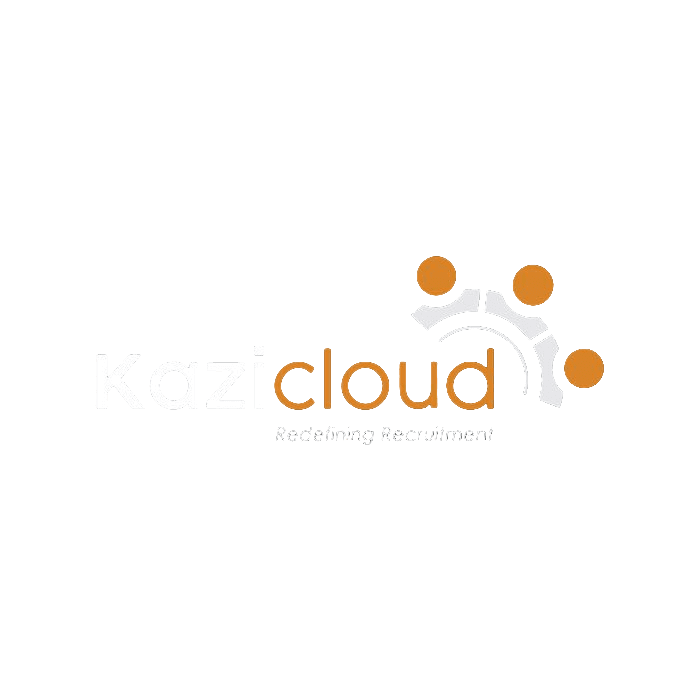
FHI360
About Company
Overview
- Name & Identity
FHI 360 (formerly Family Health International) is a global nonprofit human development organization whose mission is to advance equity, health and well‑being through data‑driven, locally led solutions so that humanity thrives (com). - Scale & Reach
Established in 1971, FHI 360 employs over 4,000 experts working across more than 60 countries (with operations in 70+) and throughout U.S. states and territories (org). - Headquarters & Global Offices
- Main office: Durham, North Carolina, USA
- S. presences in Washington, DC; New York City; Atlanta (fhiventures.com).
- Regional offices in Bangkok (Asia Pacific), Pretoria (East & Southern Africa), and Nairobi among others (org).
📜 History & Evolution
- 1971: Founded at UNC Chapel Hill to conduct research in sexual and reproductive health (org).
- 1986: Expanded into HIV/AIDS research, prevention and treatment (org).
- 1990: Establishment of the FHI Foundation to drive innovation.
- 2011: Merger with Academy for Educational Development, adopting the name FHI 360 to reflect a broader scope spanning health, education, economic development, nutrition and more (org).
🌍 Mission, Vision & Strategy
- Mission & Vision
- Strategic Shifts
In 2023, FHI 360 implemented a strategy emphasizing locally led development, community-centered approaches, innovation, and policy advocacy to better respond to global challenges such as inequality, health threats, climate change, and conflict (org).
🎯 Core Focus Areas
- Global Health
- Programs on HIV/AIDS, family planning, tuberculosis, malaria, NCDs, diagnostics, and epidemic readiness—including mpox and COVID response (org).
- Education
- Improving teacher quality, girls’ education, and ICT integration in learning systems, both in the U.S. and globally .
- Research & Evaluation
- Clinical and epidemiological studies, cost‑effectiveness analysis, implementation science, and translational policy research—all managed under robust ethical standards and IRB oversight .
- Economic & Community Development
- Support for livelihoods, civic engagement, nutrition, gender equality, resilience, environment, and governance (wikipedia.org).
- Humanitarian Response & Nutrition
- Mobilizing aid in crises, including mobile clinics for displaced communities (e.g., Tigray/Ethiopia), and improving food security (org).
🌱 Local Impact: Kenya Spotlight
- Active since 1984, FHI 360 supports Kenya’s family planning, HIV response, malaria and TB control, and caretaker of non‑communicable diseases (org).
- Collaborative efforts include strengthening education (stamp teacher training, ICT integration) alongside health initiatives, working closely with government, local civil society, and communities (org).
🔐 Governance & Ethics
- Implements rigorous ethics and safeguarding policies, including fraud/abuse reporting, survivor‑centered approaches, anti-corruption, anti-trafficking, and strict research oversight (org).
- Enforces accountability, mandatory training, and transparency through annual safeguarding incident reports (org).
🤝 Partnerships & Funding
- FHI 360 fosters collaborations with governments, NGOs, academic institutions, foundations, private sector, UN agencies (e.g., UNFPA), and donors like the Gates Foundation, DfID, Global Fund, and CDC .
- Recent partnerships include integrating climate-smart solutions into health facilities (e.g., in Thailand, with UNFPA) (unfpa.org).
👥 Culture & Careers
- Champions diversity, equity, and inclusion across a global workforce of 4,000+.
- Offers roles for veterans, people with disabilities, while safeguarding ethical standards and community protection (org).
- Provides robust benefits, professional development, and work-life balance support (org).
📊 Financial Snapshot
- Revenue surpassed $750M–$790M annually (approx. $790M in 2019) (wikipedia.org).
- Staff spans more than 70 countries and all U.S. states (org).
✅ Summary
FHI 360 stands as a globally respected, research-driven nonprofit dedicated to improving lives. With decades of experience and a strategic focus on local leadership, this organization tackles health, education, economic and humanitarian challenges through partnership, integrity, innovation, and equity.


